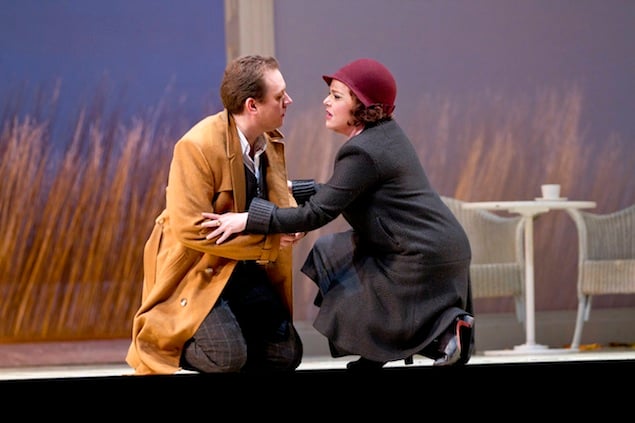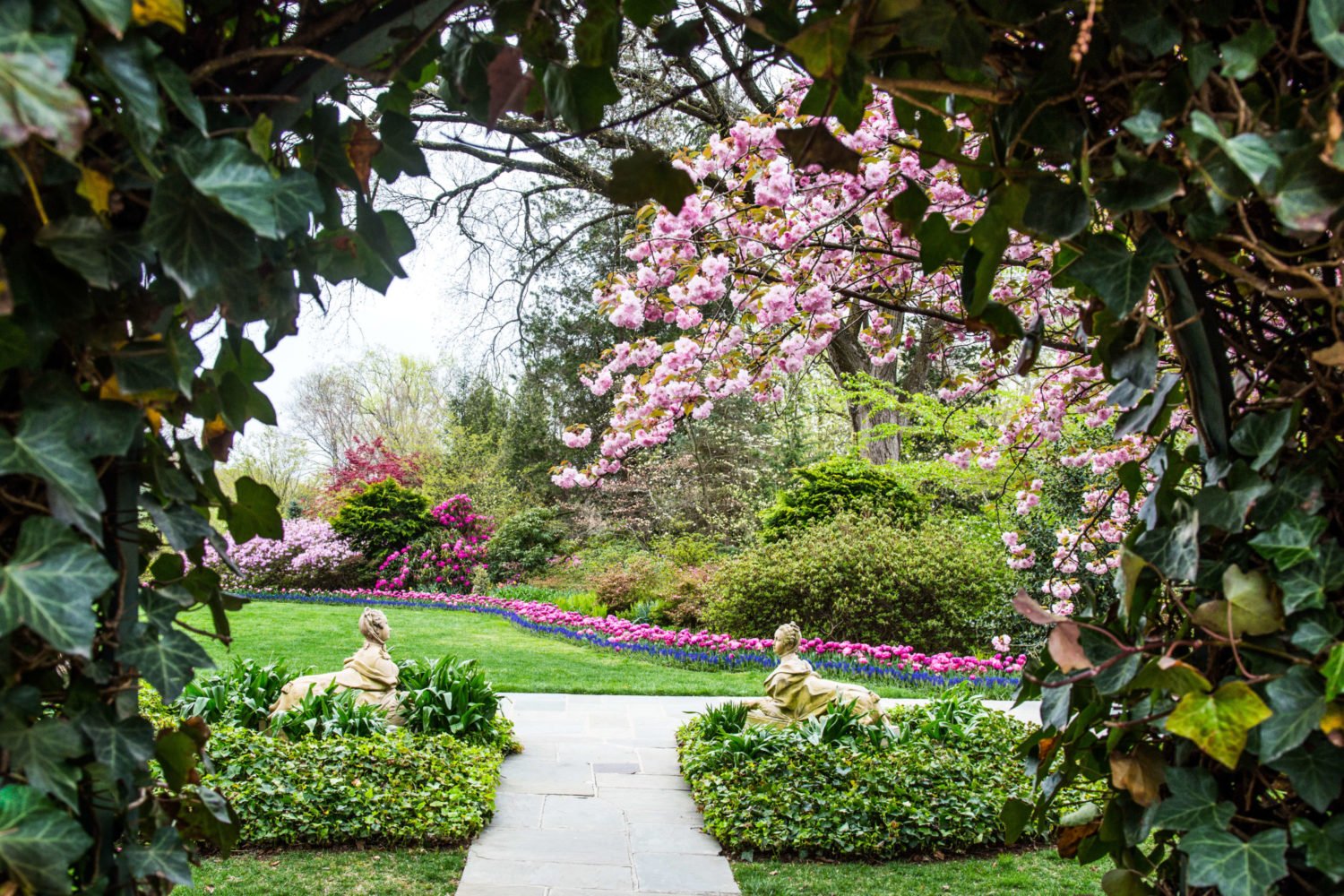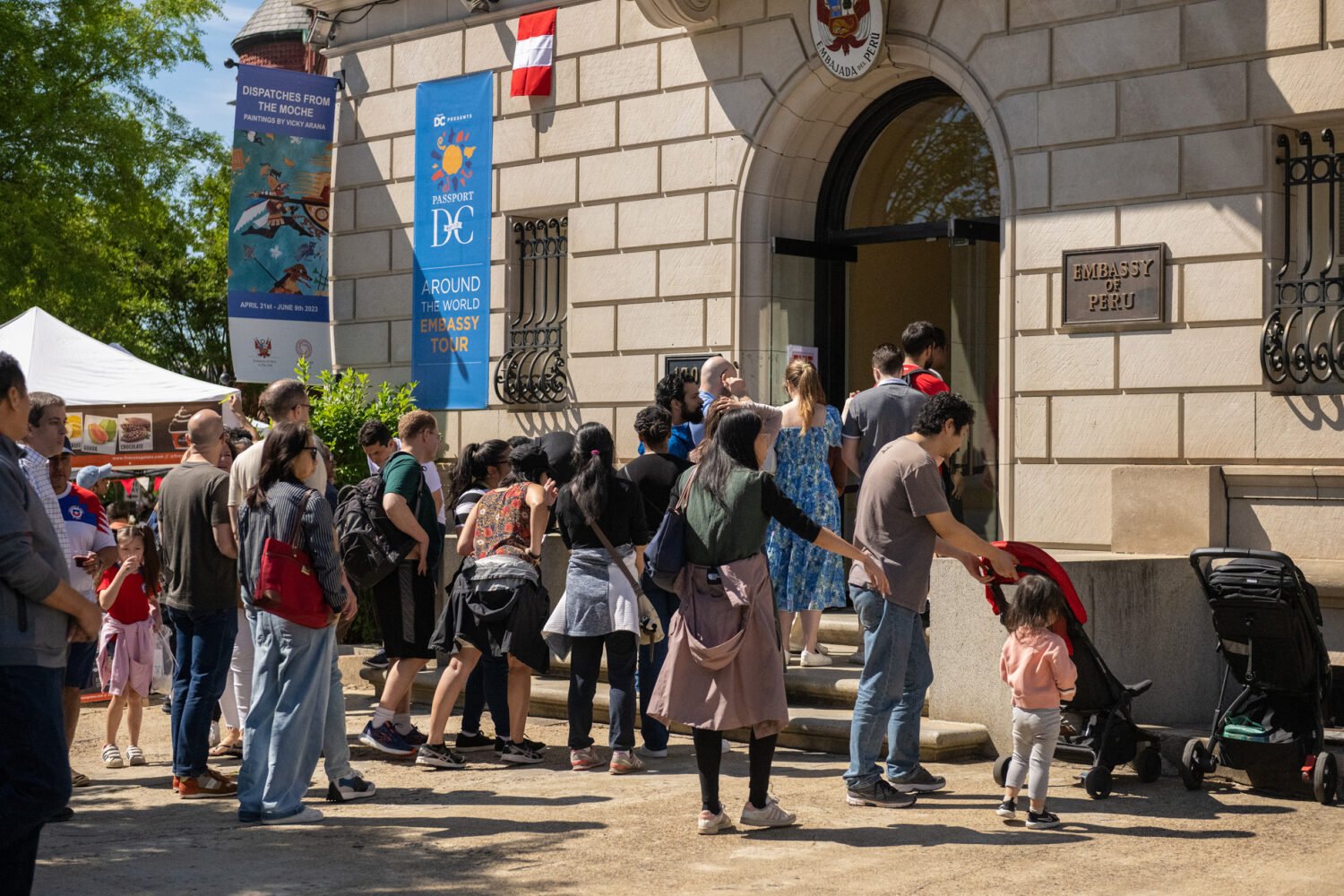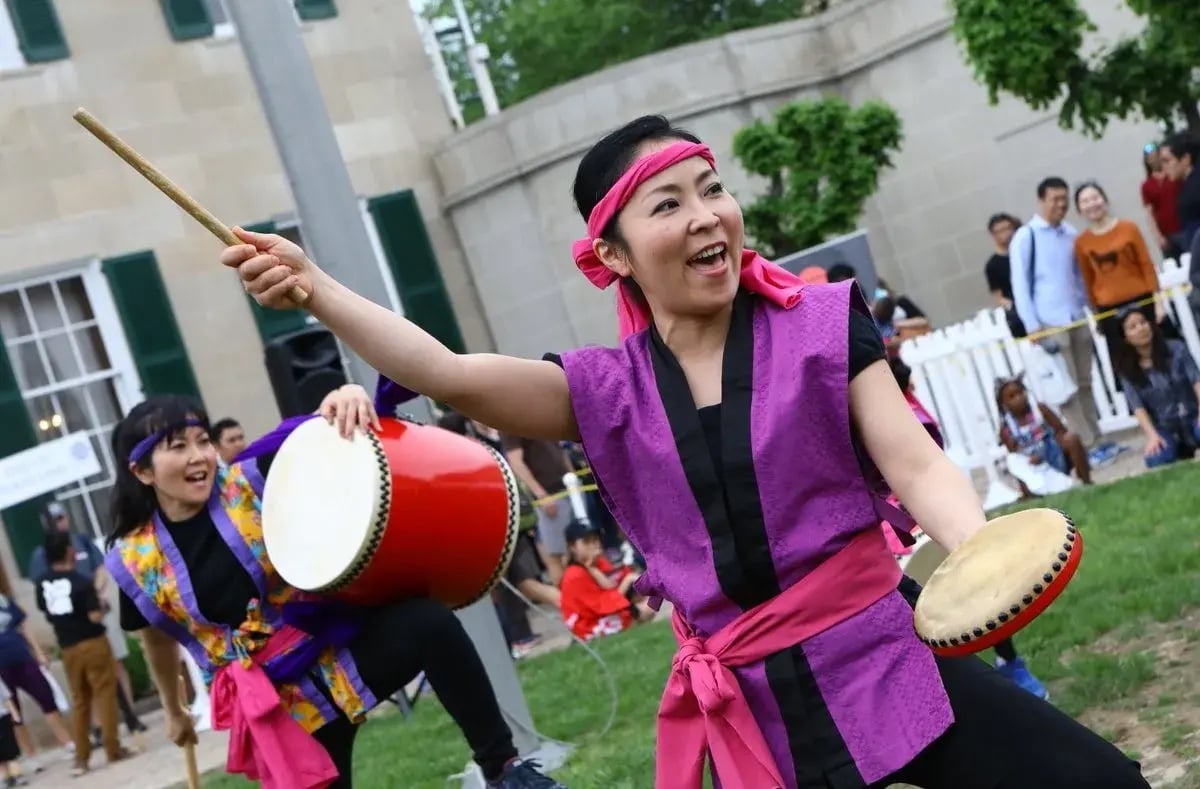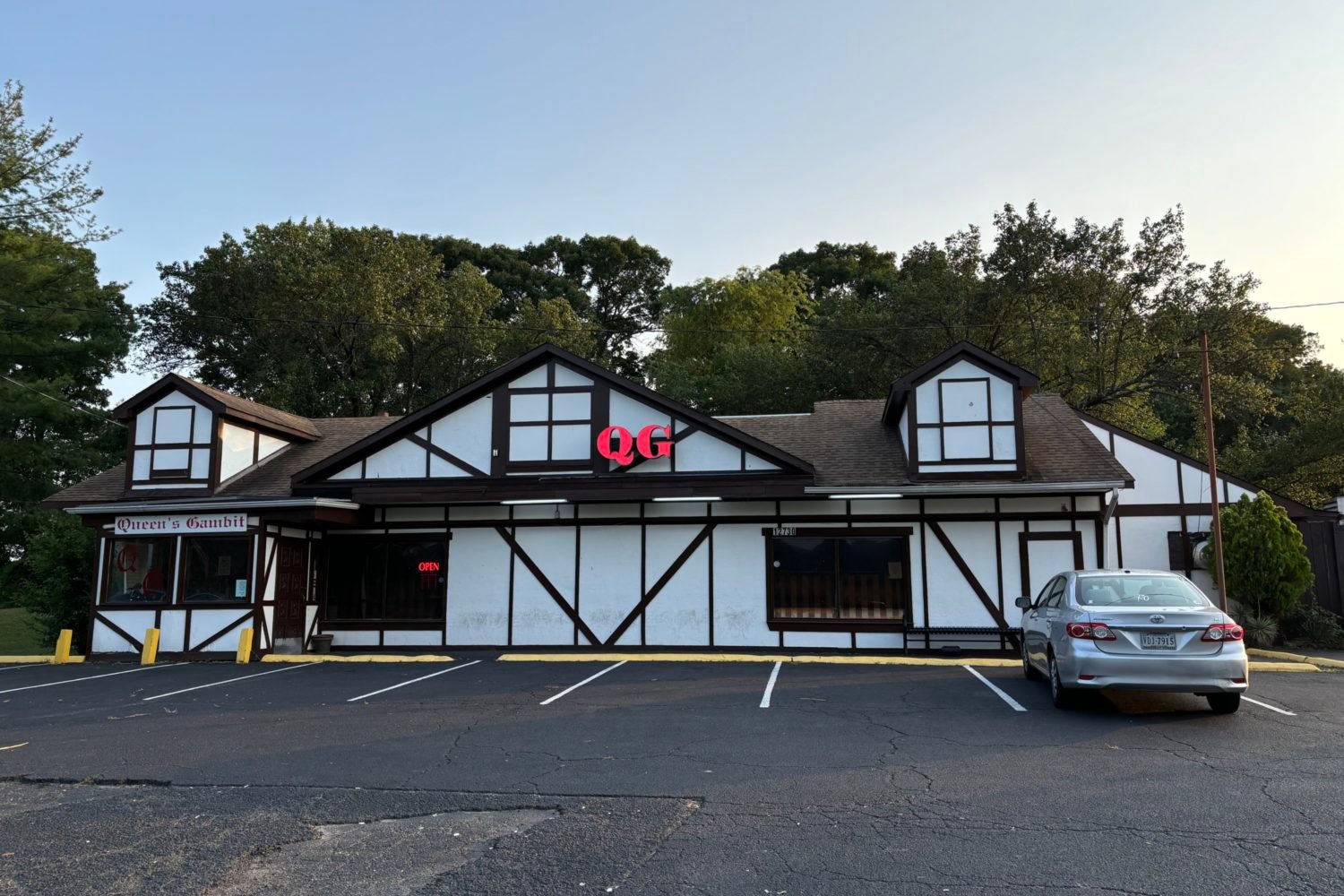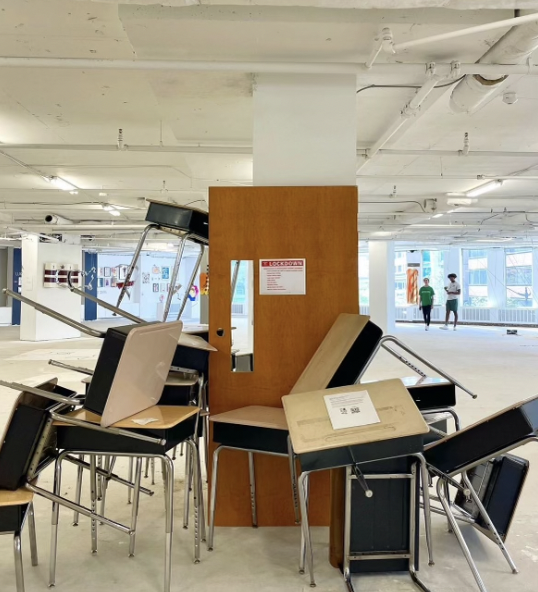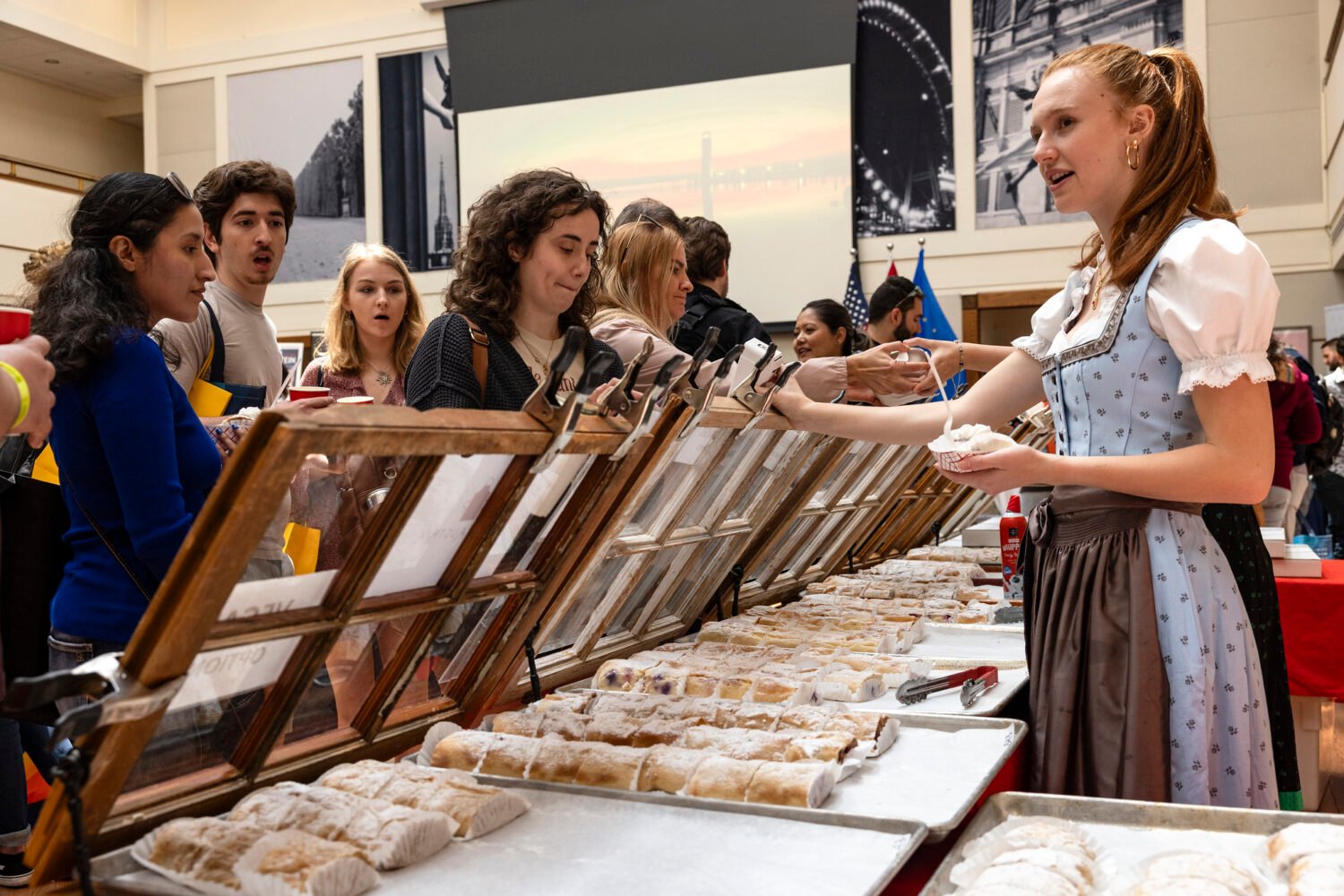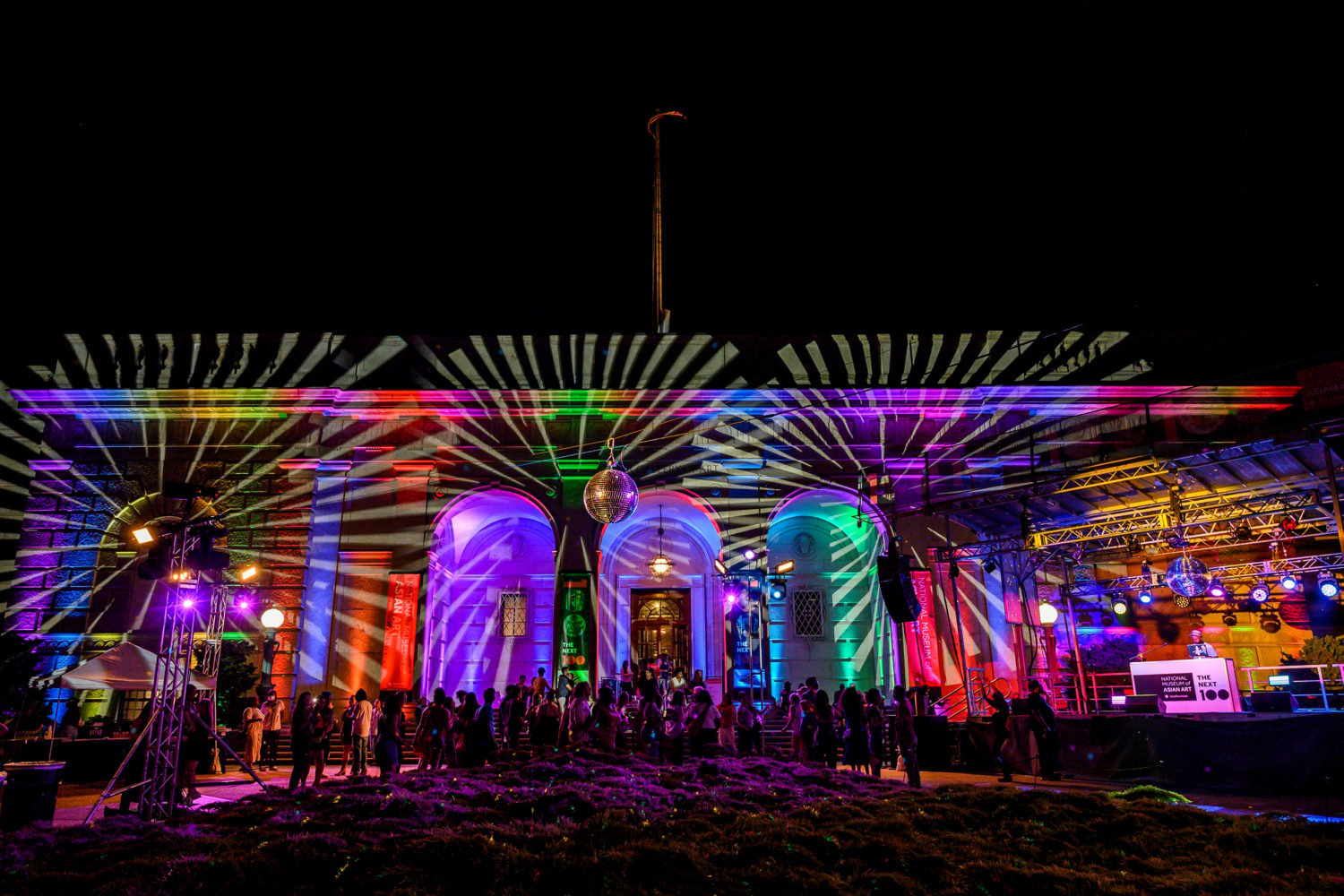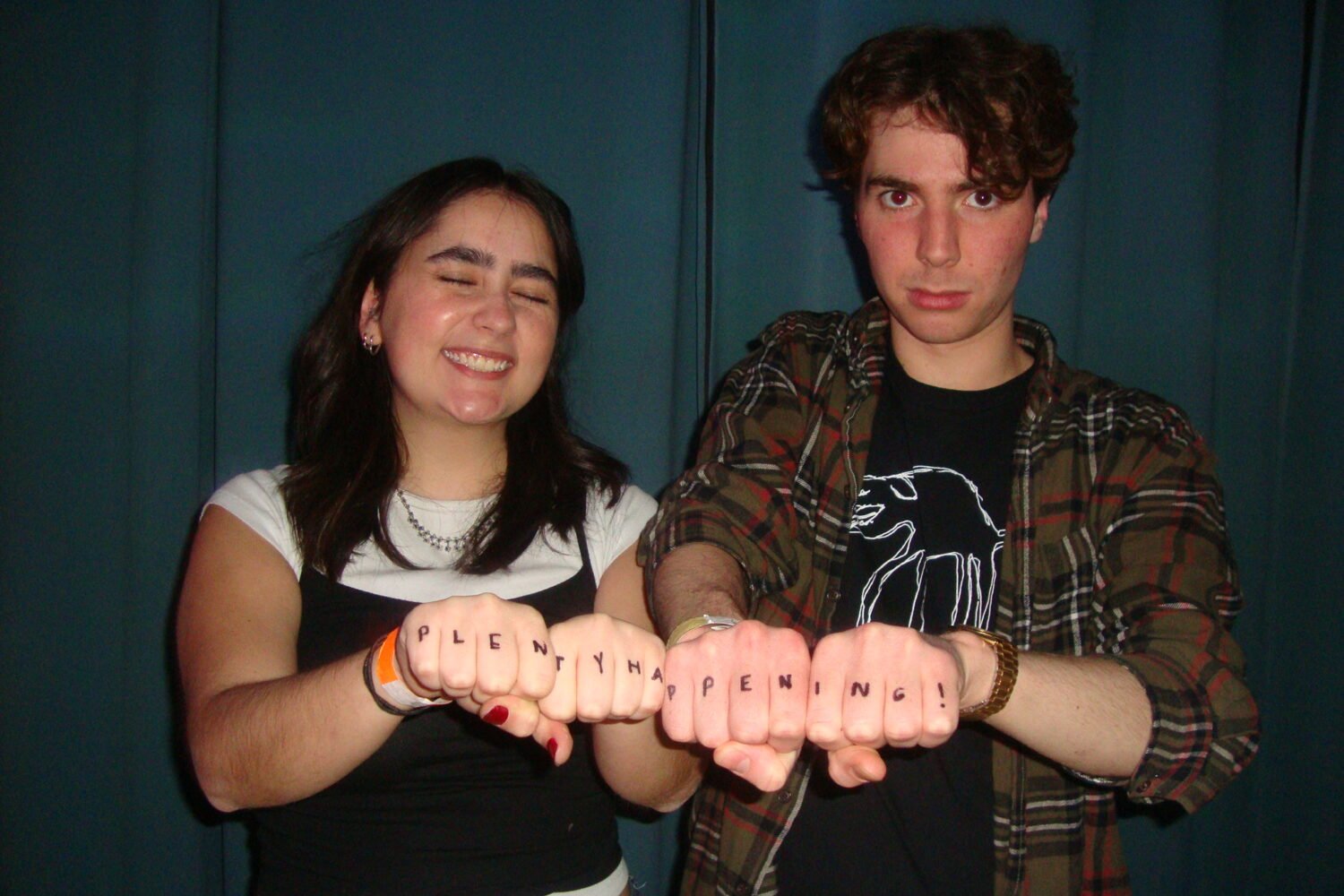When Johann Wolfgang von Goethe’s epistolary novel
The Sorrows of Young Werther first appeared in 1774,
it inspired a craze, kindling a white heat among a certain kind of
impressionable reader–young,
alienated, lovesick, forlorn–who identified with the
melancholy poet Werther and his doomed love for the beautiful Charlotte.
The book, a hallmark of the Sturm und Drang movement, presaged
the Romantic age–and yet by the time Jules Massenet composed
his opera based on the work more than a century later,
Romanticism was in its wane. Maybe as a consequence, Massenet’s music,
though impassioned, heartfelt, and ecstatic, isn’t florid or
indulgent (despite the heavy-breathing libretto). The score seems
almost spare, restrained in its orchestral textures, the
palette heavy on the somber tone colors of the woodwinds and lower
brass, not to mention the haunting solo saxophone.
Above all things, perhaps, Werther is a work of contrasts: between darkness and light, youth and age, duty and freedom. And
the Washington National Opera’s splendid new production–conducted by
Emmanuel Villaume and directed by
Chris Alexander–dramatizes these extremes
from the moment the curtain rises; we see at once the divide between the
creature comforts of
Charlotte’s home and the sunlit wheat fields beyond. This
distinction is crucial, because Werther represents the pantheistic
world of field, stream, sun, and moon, and his pursuit of the
already-betrothed Charlotte is a clash between the poetry of
the natural world and the realm of bourgeois domesticity.
Charlotte’s fiancé, Albert, promises a life of stability. Werther
offers her a breath of the unknown.
Like many operas,
Werther asks us to accept a plot that pushes the bounds of believability. But this performance worked, as any successful production
must, because of the chemistry between tenor
Francesco Meli‘s Werther and mezzo-soprano
Sonia Ganassi‘s Charlotte–not an easy thing,
since for much of the work the two sing alone, rarely together. Meli
and Ganassi are both
Italian, and though Meli sang Werther in a distinctly
Italianate style (his French diction not always ideal), Ganassi was
more idiomatic. They were both lyrical, communicative singers,
and by the opera’s end, with Werther collapsed in Charlotte’s
arms, the love between them seemed utterly convincing.
I might have wished for a bit more brooding in Meli’s first
big moment, his invocation, “O Nature, pleine de grâce, reine
du temps et de l’espace.” And though his voice didn’t quite
carry over the orchestra in the upper register, Meli grew beautifully
into the role of the tormented poet, singing with greater
confidence and conviction. His quietest passages were exquisite,
too, a model of breath control and finesse. His interpretation
of the opera’s most famous aria, “Pourquoi me reveiller,” was
a revelation. I have heard the high notes hit with more gusto,
more power, but Meli treated the aria as if it were an art
song delivered in an intimate setting. He exhibited both
delicacy and passion, his voice producing so many distinct colors,
shading each line, each note in subtle ways, conveying a whole
range of emotion.
This opera may be a vehicle for the lyrical tenor, but
the role of the anguished Charlotte, the young girl made to grow up
too soon, is just as important. In the marvelous third act–one
of the greatest in all of opera–Ganassi’s singing was as gray
and bleak as the letters from Werther that she recites. This
grand scene, which describes the inability of the heart to resist
true love, is filled with beautiful, tormented music, and
Ganassi interpreted it skillfully, with the perfect dose of self-doubt
and regret.
Charlotte’s sister Sophie is often dismissed as a superfluous character, a bit ridiculous. But
Emily Albrink sang the role for all its
girlish innocence, her delicate soprano voice most radiant in the
second-act “Du gai soleil.” Bass-baritone
Julien Robbins‘s Bailli was strong, but bass-baritone
Andrew Foster-Williams was more impressive in
the role of Albert–a finely wrought characterization that’s tricky to
pull off. After all, Albert
undergoes a profound transformation as his jealousy of Werther
grows–we have to believe that by opera’s end, this once-decent
man will become complicit in Werther’s suicide. Some
exaggerated gestures aside (and overall, there was a fair bit of
old-school
overacting from everyone, with characters plunging onto the
stage, flinging themselves from here to there, overdoing gestures
and reactions), Foster-Williams sang assuredly, cruelly
taunting Werther, his voice becoming darker and darker as his character
descends into bitterness and rage.
A word, too, about the orchestra, which, aside from a
few intonation problems in the “Clair de lune” interlude, sounded
ravishing.
Judging by last night’s performance, these musicians must love
playing for Villaume, who cultivated the ideal atmosphere throughout:
earthy, mysterious, lush, transparent. This is repertoire in
which Villaume clearly specializes, and I hope he’ll be back
to conduct more of it in the future.
Werther
runs through May 27 in the Kennedy Center Opera House. Tickets ($25 to $300) are available via the Kennedy Center’s website.

